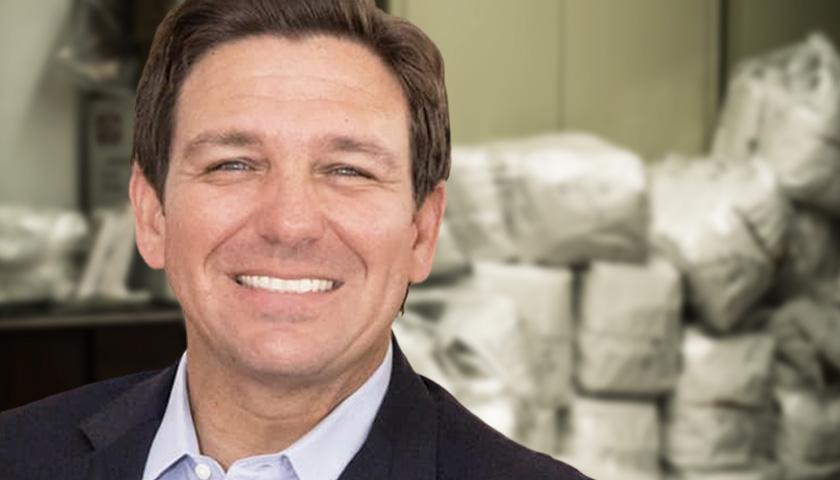by Andrew Powell
Individuals who sell controlled substances in the Sunshine State such as fentanyl could face serious penalties for the overdose deaths of drug users if a new bill is signed into law.
Senate Bill 280 revises definitions for what constitutes first degree, second and third degree murder and also provides harsher penalties for adults who distribute, deliver, sell, or dispense specified substances that result in an injury or death to the user.
Fentanyl use has become a serious issue for many states, and Florida officials are trying to stem the flow of illegal substances that cause harm to not only the user, but to the community as a whole.
In May 2022, Gov. Ron DeSantis signed House Bill 95 into law, which raised the penalties for individuals who sell opioids and its derivatives with a maximum penalty of 25 years in prison and a fine of $750,000.
SB 280 takes this law a step further and includes not only opioids like heroin and fentanyl, but also substances like methamphetamine and cocaine.
If the bill becomes law, anyone older than age 18 who intentionally distributes a controlled substance that would cause or was a substantial factor in causing the death of the user could be charged with first degree murder.
Third degree murder and a second-degree felony will apply to individuals who dispense illegal substances to a user which contains a sufficient enough amount to cause an overdose or death.
In the bill’s text, it also states that third degree murder applies to acts that are dangerous to human life.
If an individual has been previously convicted of a crime and is caught supplying illegal substances that result in death and are found to have done so intentionally — they could face a sentence of 40 years to life in prison.
The bill further states that unlawful distribution may be from a person who directly, or indirectly through another person, provided the substance or mixture to the user who was injured or overdosed.
Individuals who supply illegal substances will face charges if the user they sold to has to seek medical attention in any way, whether that includes having a medical professional or law enforcement officer administer an emergency opioid antagonist or administering treatment to preserve or sustain life.
Needing life saving intervention is defined in the bill as proof that the person who took the substances overdosed or was injured. Injury or overdose is defined as drug toxicity or the temporary loss of locomotor activity, motor coordination, consciousness or cognitive impairment.
Furthermore, the bill allows protections to an individual who in good faith seeks medical assistance for someone they believe to be having either an alcohol- or drug-related overdose. They will not be arrested or face any penalties for doing so.
The bill has passed favorably through the Criminal and Civil Justice Appropriations Committee and if it is signed into law by DeSantis, it would go into effect on July 1.
– – –
Andrew Powell is a contributor at The Center Square.
Photo “Governor Ron DeSantis” by Governor Ron DeSantis. Background Photo “Fentanyl” by r. nial bradshaw. CC BY 2.0.





